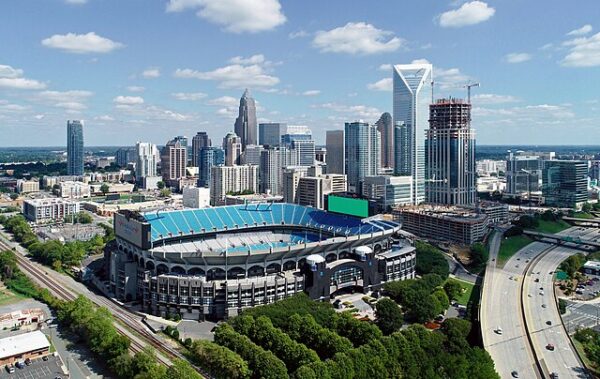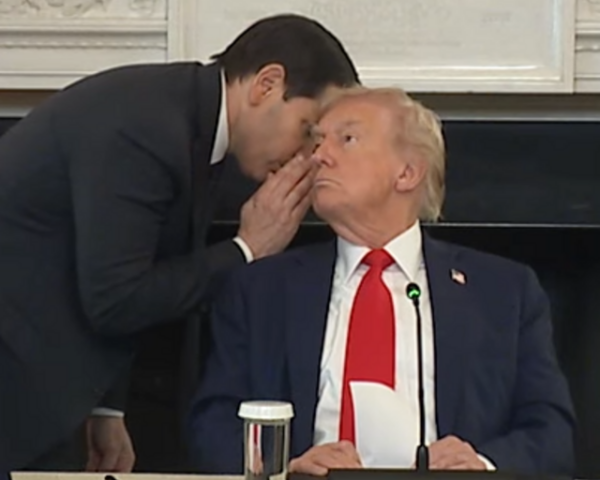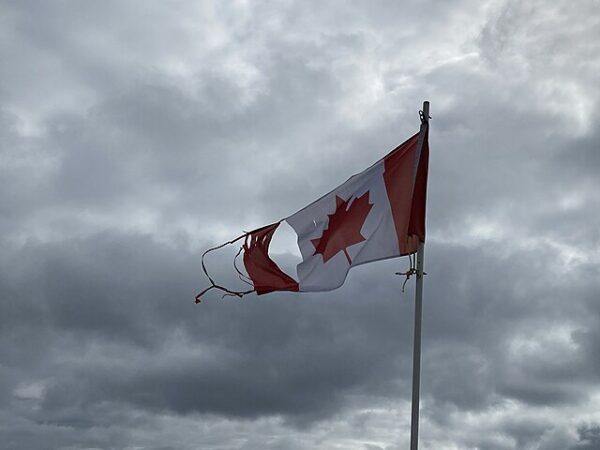Charlotte officials are bracing for a possible influx of federal immigration agents as early as this weekend, the latest sign of the Trump administration’s intensified crackdown on unauthorized immigration.
Mecklenburg County Sheriff Garry McFadden said in a public statement that two unnamed federal officials alerted him to an impending U.S. Customs and Border Protection operation targeting the Charlotte area. The activity could begin Saturday or early next week. McFadden stressed that his office has not been asked to assist and remains outside the planning loop.
The Department of Homeland Security offered no confirmation. Assistant Secretary Tricia McLaughlin said only, “Every day, DHS enforces the laws of the nation across the country. We do not discuss future or potential operations.”
The uncertainty comes as President Donald Trump champions the deployment of federal forces—including military units and immigration officers—into large, heavily Democratic cities such as Los Angeles, Chicago, and Washington, D.C. Charlotte, where Democrats dominate local government and more than 150,000 residents are foreign-born, fits the same political profile. The broader population is roughly 40% white, 33% Black, 16% Hispanic, and 7% Asian.
Federal officials have pointed to a high-profile homicide earlier this year—a Ukrainian refugee fatally stabbed on a light-rail train—as evidence that sanctuary-style policies leave cities vulnerable. The accused attacker, who had prior convictions, now faces murder charges.
The Charlotte-Mecklenburg Police Department reiterated its limited role, noting it “has no authority to enforce federal immigration laws” and will not participate in any federal operation.
Still, unverified reports of suspicious activity—possibly plainclothes federal personnel in neighborhoods or on public transit—have surfaced. “This is some of the chaos that we also saw in Chicago,” state Sen. Caleb Theodros, who represents Charlotte and Mecklenburg County, said Thursday.
Gregory Bovino, the Border Patrol official who oversaw recent enforcement surges in Chicago and Los Angeles, has declined to discuss future locations. In Chicago, “Operation Midway Blitz” began in September with targeted detentions by Immigration and Customs Enforcement but expanded into a sweeping CBP-led effort involving hundreds of agents. More than 3,200 people were ultimately detained across the region, though DHS has released limited details beyond highlighting cases involving undocumented individuals with prior offenses.
Local advocacy groups are now racing to prepare Charlotte residents. Indivisible Charlotte and the Carolina Migrant Network will host volunteer-training sessions Friday on legal rights, how to identify plainclothes agents, and what to do during encounters with law enforcement.
In his column, local Charlotte writer Andrew Dunn argued that Charlotte’s official crime statistics don’t reflect how unsafe many residents feel. While police data show overall crime down 8% and violent crime down 25% in early 2025, Dunn notes that alarming public incidents—such as gunfire in an Uptown park or assaults on the Rail Trail—are often charged as low-level misdemeanors. Because these incidents don’t appear in the “violent crime” categories reported at year’s end, the statistics can look cleaner than people’s lived experience.
Dunn stressed that he isn’t accusing Charlotte-Mecklenburg Police of manipulating data, but says the way offenses are classified and initially charged tends to understate the seriousness of threatening public behavior. This creates a trust gap: residents see danger that isn’t captured in spreadsheets.
He claimed that recent legislative fixes like Iryna’s Law, which tightened bail rules, don’t address the front-end issue of how crimes are categorized. He thinks new police leadership must focus on transparency, acknowledge what the numbers miss, and ensure that official reporting aligns with the reality families experience in parks, transit, and public spaces.
For now, ICE and the White House seem ready to do what they can to help Dunn and his neighbors.








